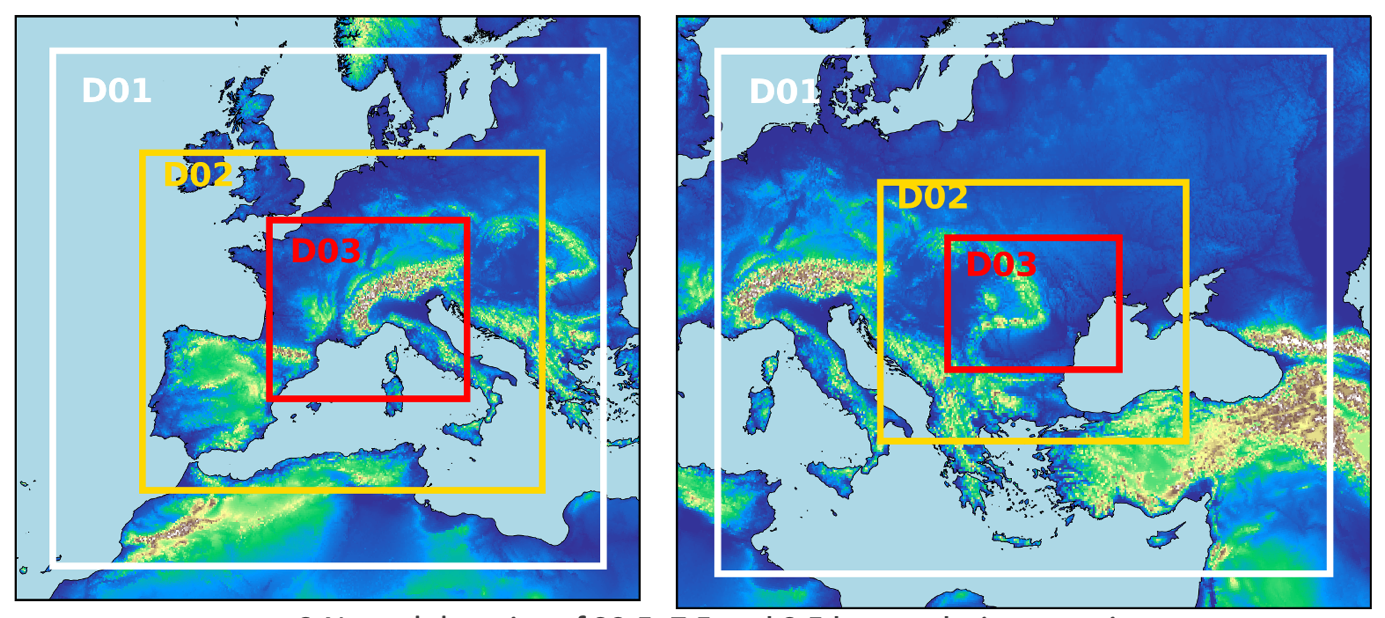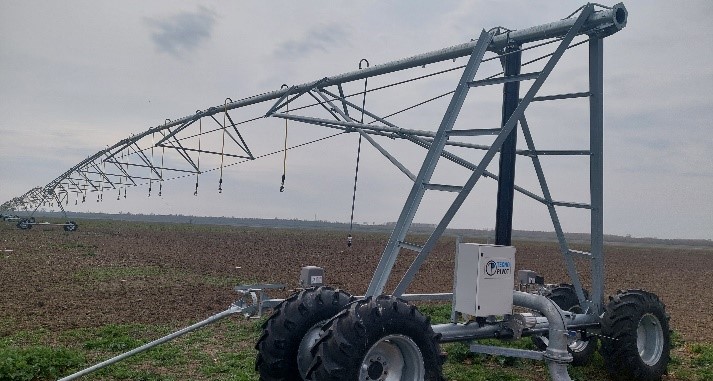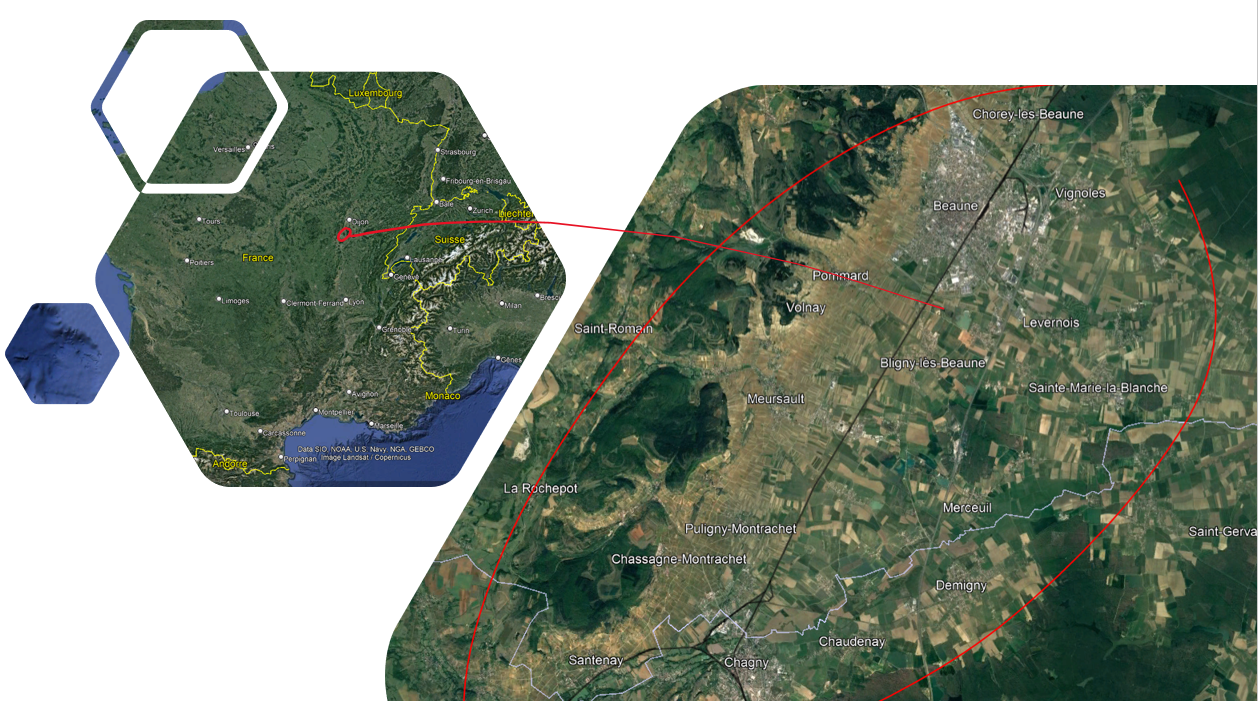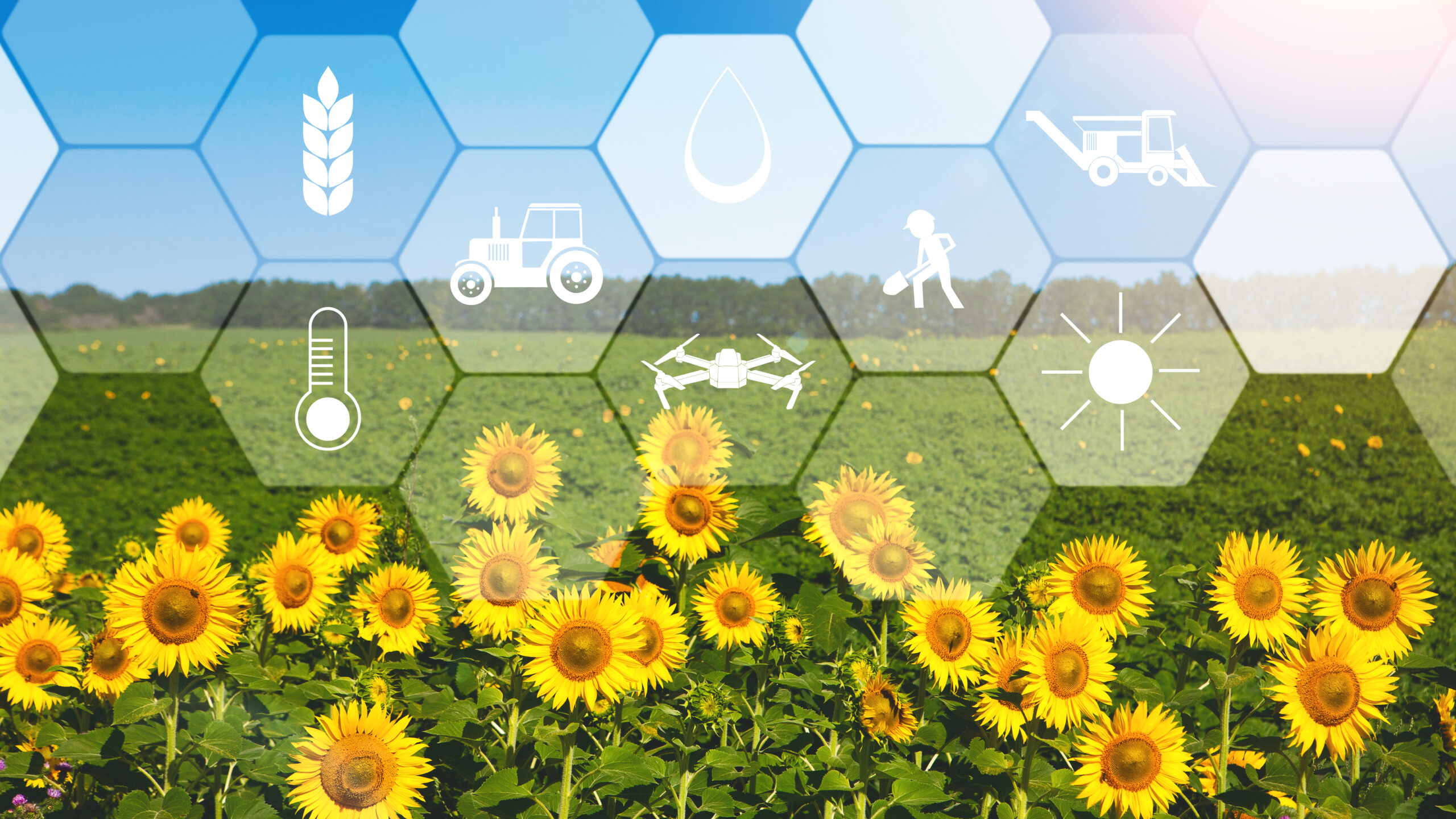
Data assimilation into meteorological models– How MAGDA project is moving to help agriculture.
Data assimilation plays a crucial role in modern agriculture, offering several significant advantages (cf. Ouaadi et al. 2021). Thanks to this approach, farmers can access more accurate and timely weather forecasts, helping them plan agricultural activities more efficiently. For instance, they can adjust irrigation strategies based on predicted rainfall or take precautions in response to weather warnings. Additionally, data assimilation contributes to the sustainable management of agricultural resources, such as water and fertilizers, reducing waste and improving productivity. Overall, this technology is a valuable tool for farmers aiming to optimize their operations and ensure resilient and high-quality agricultural production.
To set up and verify the effectiveness of assimilation, six case studies have been selected in the past 12 months, two for each agricultural site chosen for MAGDA. The model’s performance will be tested on various rain and hail cases within two different domains. The first domain will cover the French and Italian sites of interest, while the second will encompass the Romanian sites. In fact, we are working on three different study areas located in Italy, France, and Romania each. Each is characterized by different types of crops: predominantly orchards in Italy, vineyards in France, and summer crops like corn, sunflowers, and soybeans in Romania. This allows us to address varying needs and test the utility of forecasting in different contexts.
Currently, we are conducting model setup simulations that, through a statistical method, locate the errors of model simulations necessary to optimize the assimilation procedure. Once these simulations are completed, we will assess the impact of assimilating different types of observations into the model and identify the most useful configuration to provide more accurate and timely weather forecasts. Additionally, downstream of the meteorological forecast, MAGDA will deploy a hydrological and irrigation model (SPHY) to provide further detailed information about the crops of interest and adequate mitigation processes.
Author: Martina Lagasio (CIMA)
Links
https://www.magdaproject.eu/news/first-visit-to-the-romanian-demo-site-braila-region/
https://www.magdaproject.eu/news/french-demo-site-visit-a-trip-to-burgundy/
Sources
Ouaadi, N.; Jarlan, L.; Khabba, S.; Ezzahar, J.; Le Page, M.; Merlin, O.: Irrigation Amounts and Timing Retrieval through Data Assimilation of Surface Soil Moisture into the FAO-56 Approach in the South Mediterranean Region. Remote Sens. 2021 (13), 2667. DOI: <https://doi.org/10.3390/rs13142667>
Keywords
Data Assimilation, Agriculture, Forecasting, Irrigation, Demosite


